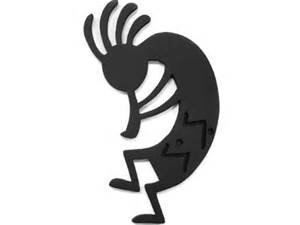I don't think Hansen, or anyone else for that matter, ever verifies the notion of the trickster as an intelligence - neither an individual god like figure, nor a collective planetary intelligence. But I would ask
@Christopher O'Brien to chime in on this one as he's the local trickster expert.
My understanding is that the critical theory to date on this subject is much more observational, something like an ethnographic or anthropological perspective regarding odd events collected over time. These odd events do have some patterns and specific features to them. There are patterns that adhere to a number of ritualistic experiences that are age old rites of passage. It seems that we have many histories and collected stories that identify the notion of the trickster, and Hansen's text delineates the trickster as an ethic almost, something that humans participate in as much as we are subjected to it. His ideas of the shaman as sham or the role of the magician, hoaxer and liar are all emblematic of the trickster ethos. Our passages into adulthood are often framed by our encounters with the trickster.
Those UFO scenes you cite then may be seen as our own brain trying to rationalize or realize visual inexplicable visual phenomena that our brain returns to us as recognizable images (see this thread:
The UFO Stimulus ) or are simply further examples of the phenomenon of the trickster - examples that are simply categorized as "tricksterish" the way that the sudden appearance of centaurs, dog faced men smoking and bigfoot playing a mandolin are all collected into a rather robust and loose assemblage of events that get called, for lack of a better term, "the trickster." So Ufo's certainly do appear to act as the trickster on occasion but are not always easily categorized this way.

